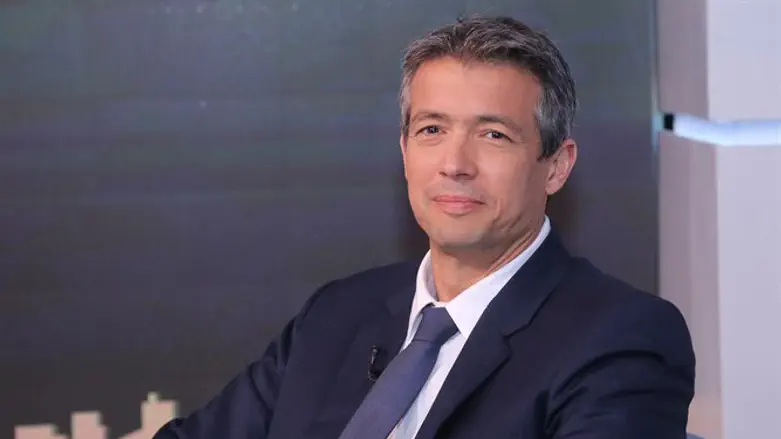
Communications Minister Yoaz Hendel (Derech Eretz) has presented his personal vision for what the country’s emergence from lockdown should look like:
1) Differential restrictions should be instituted, depending on rates of contagion. Red cities will remain under full lockdown. Green cities will be allowed to open up.
2) Local authorities will be given more authority depending on the city’s status. The lower the rate of contagion, the more authority the municipality will have. Red cities will be under central government control until the situation improves. Green and orange cities will be able to make their own decisions on reopening stores and businesses and the education system.
3) Equal enforcement. A small number of restrictions will be strictly enforced – mask wearing in the public sphere; adherence to quarantine regulations; public gatherings. Police will not close their eyes to infractions in any sector of the population.
4) Administrative and financial penalties will be handed out to those breaking the law. Educational institutions that operate without permission will be summoned to a hearing pending the cutting of their budgets. In severe cases of breach of regulations, health care premiums will be increased for a two-year period. It costs NIS 4,000 per day to hospitalize a coronavirus patient. Whoever chooses to disregard the law is causing damage to the economy.
5) Authorities should be allotted an emergency budget to upgrade telecommunications infrastructure, with a focus on red cities and enhancing distance learning.
6) Special local committees should be established to decide on easing and/or strengthening regulations relating to quarantine and lockdown.
7) The mandatory quarantine period should be reduced to 10 – 12 days, as MK Hauser has already proposed, stating that the chance of a person passing on the virus to another during the last two days of the two weeks after diagnosis is just one percent. This would save the economy hundreds of millions of shekels.
